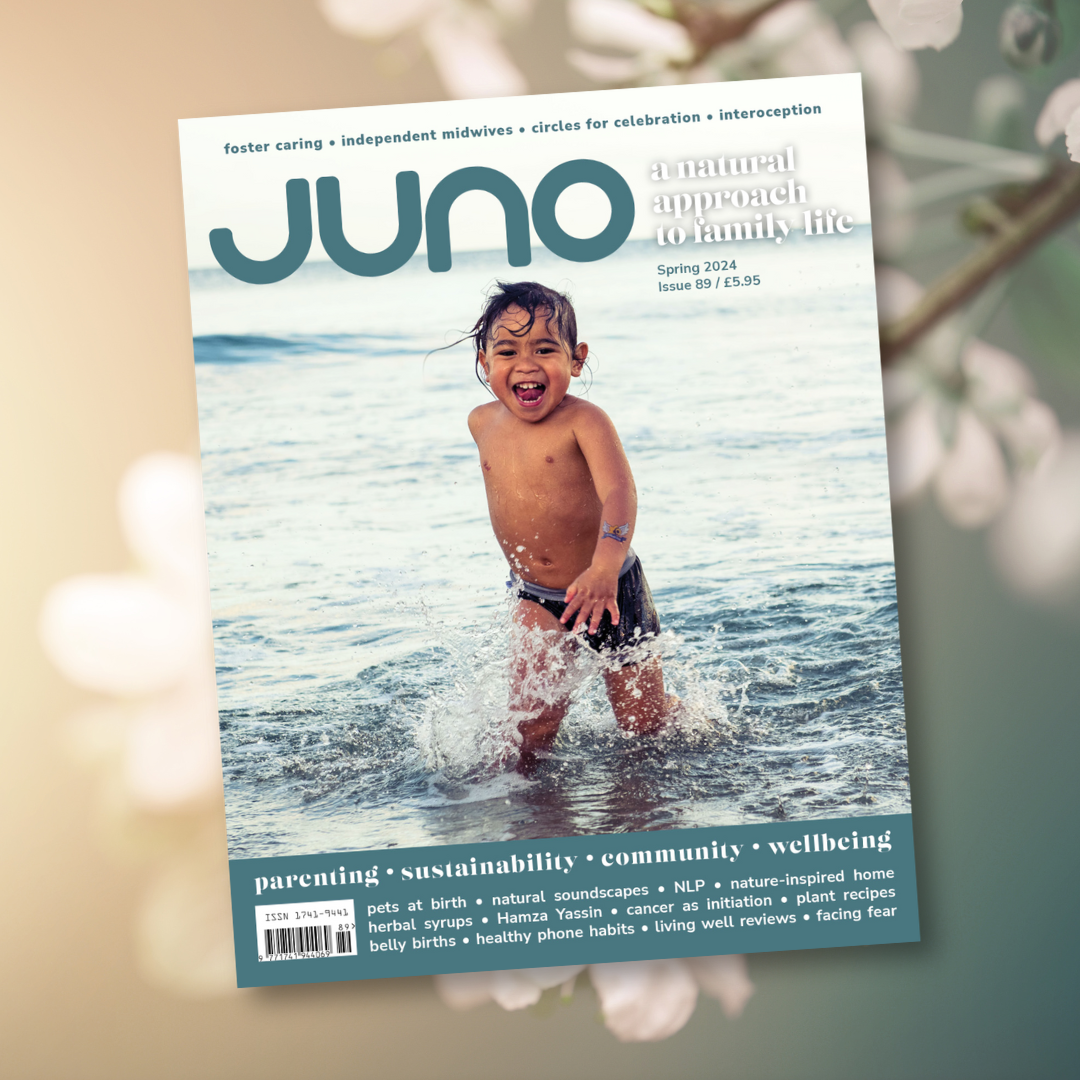As regular readers will know, I decided upon home education very early on, dabbling in organised education only very briefly at a Steiner Kindergarten. I have never had to say goodbye to my 4-year-old at the school gates, or fight the school system on my children’s behalf, or indulge in mild skulduggery to ensure a place in the best local school. From the start I elected to home educate and did so from a philosophical and pedagogical standpoint.
I am aware, though, that many home educators come to their decision after first giving school a try. Some of them will have been in two minds and have decided to try what school has to offer before committing to home education. Others will have become home educators only reluctantly: their children may have been bullied out of the system, or the school may not have been able to meet the special educational or health needs of the child, or, increasingly, the child may not have been offered a secondary school place that is acceptable to the parents. Although none of these is my personal experience, I have met many parents for whom it is.
For the parents who have tried school and then decided that their instincts were right after all and that home education is the path for them, leaving school can be a huge relief and release. But even for the escapees from the system there has to be a period of adjustment for both children and parents to be ‘deschooled’. School inculcates a belief that structure is required for learning to take place and that life is divided into separate subjects, some of which are more important than others. Some of those new to home education feel more secure with the idea of structure and prefer to mimic aspects of schooling, such as having a timetable, with certain subjects scheduled to happen at specific times. However, in my experience, as time goes on, that structure tends to loosen and, as confidence builds, trust in the learning process allows greater freedom to both parent and child.
Where leaving the school system is something that has been forced upon the parents and the child, it can be much more of a struggle to leave behind the idea of education as something that is rigidly organised. If you have signed up for what the state offers because that is what works best for you and your family, it can feel like an appalling betrayal to find yourself on the outside looking in. A parent may even have had to give up work in order to manage having a child at home full-time. What parents in this situation often crave is exactly the rigid structure of school, a safe haven from the alternative of finding themselves off to hell in a handcart. The deschooling process in such cases can be rather longer and more painful, especially if parents feel they have been forced to educate their child and believe that means delivering 10 to 15 subjects to GCSE level.
The longer the family has been in the school system, the more difficult it can be to adjust and to learn to work within a whole new educational paradigm. It can feel to such parents that those of us who have been home educating from the start and are very comfortable and happy with our choices are also part of the problem in the early days – the home-educating equivalent of ‘smug marrieds’. It must feel as if they have been parachuted into another country, where the language and habits are completely alien. I have seen families in this situation try really hard to assimilate into the home-education culture, and some of them do find that it works for them pretty well straight away. Others, though, find the deschooling process so difficult that before very long their children are returning to school. Home education for them has provided a temporary port in a storm rather than a permanent alternative to school.
And what exactly is ‘deschooling’? I believe it is the letting go of the belief that there is only one way to educate. Any change of faith requires time and space in which to develop. A period of re-adjustment, a period in which nothing visible seems to be happening, is valuable, both for parents who are taking on, or rather taking back, the responsibility of educating their children, and for the children, for whom self-direction and a degree of autonomy may be new experiences. Parents and children both need to become comfortable with the concept of learning without coercion and learning to live and learn with each other. It might be a matter of weeks or a much lengthier period, but learning to trust that your children will gain the skills they need in the adult world requires patience. I would advise anyone leaving the school system to be kind to themselves, allow as much time as is needed to re-adjust, and embrace the freedom.
____
Claire Evans lives in Surrey with her husband and two home-educated children. She also works as an independent theatre producer.
Photo by Marta Wave
____
First published in issue 31 of JUNO. Accurate at the time this issue went to print.



